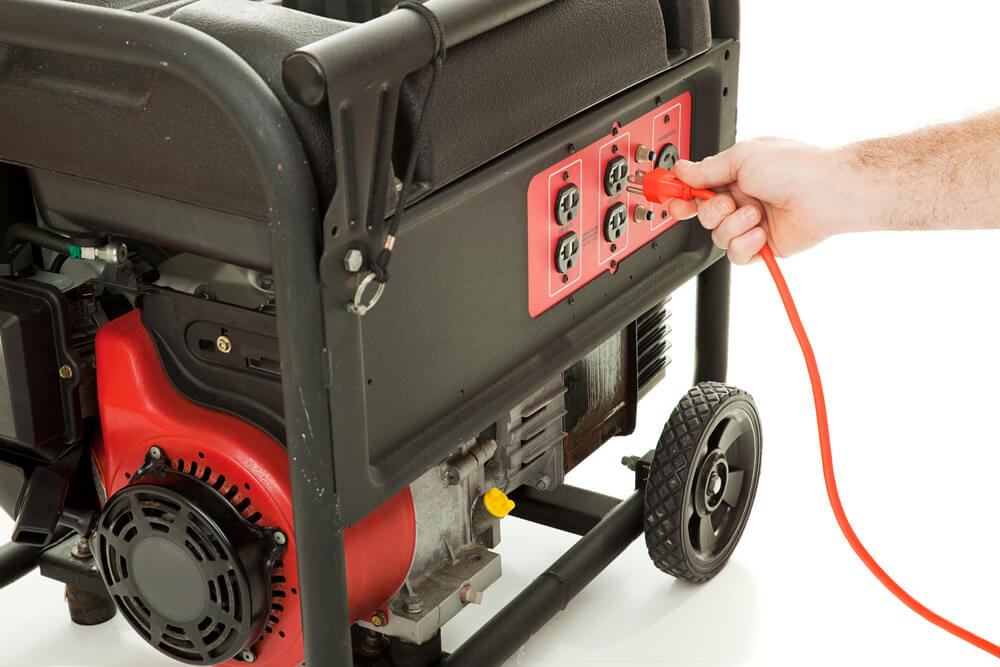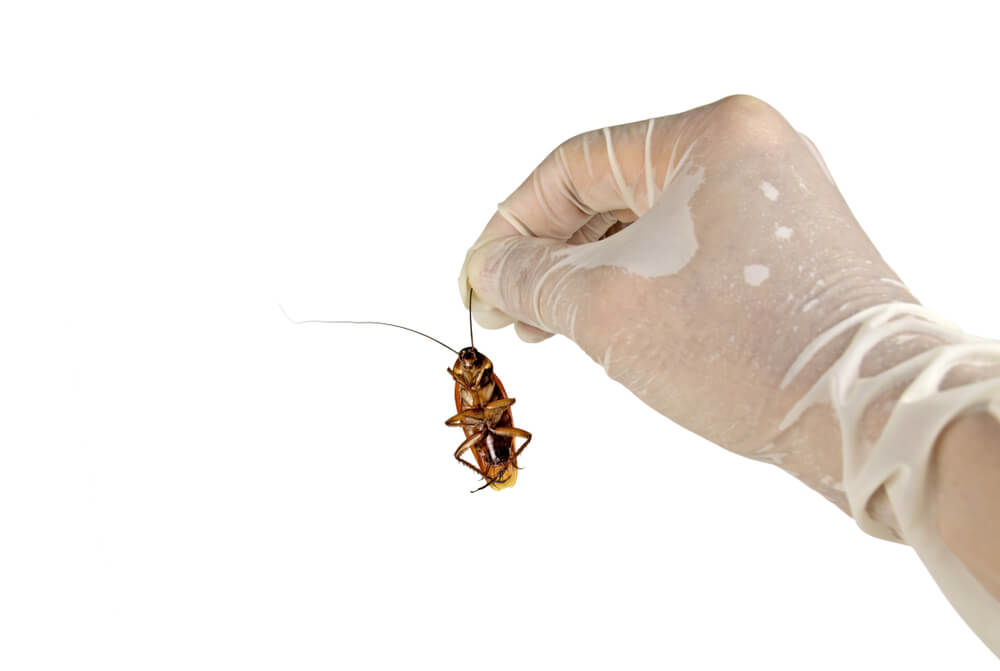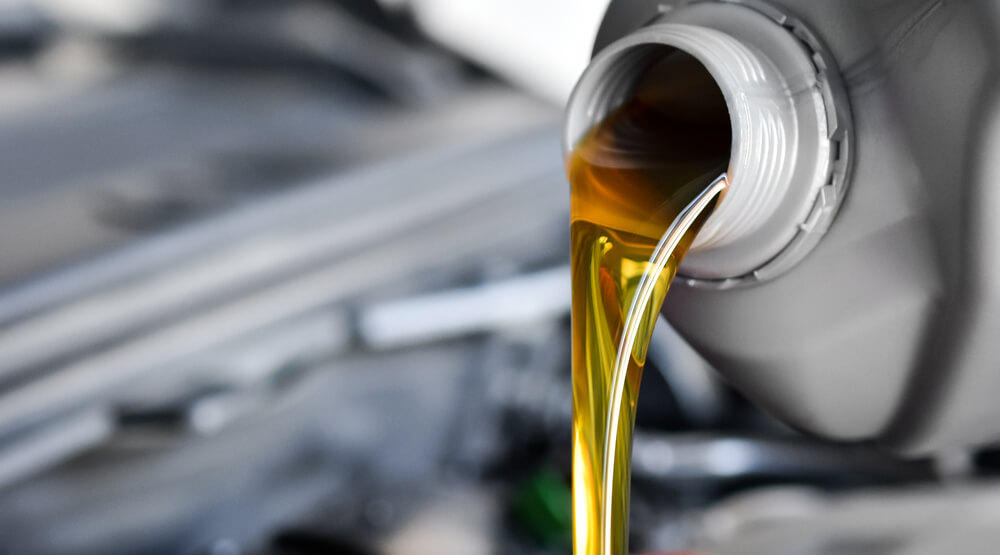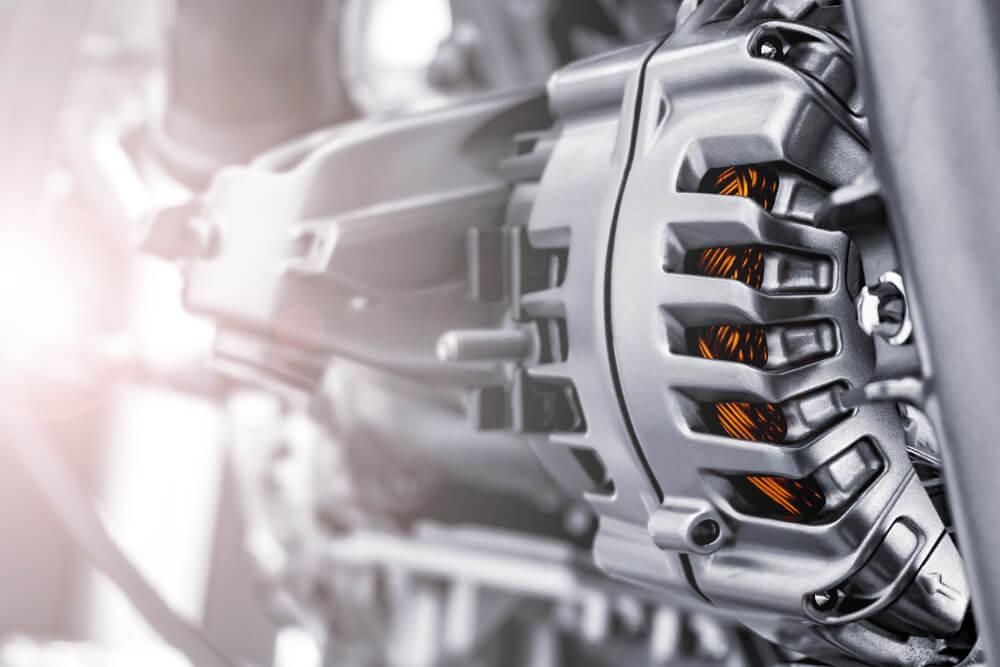Disclosure: This post may contain affiliate links. This means that at no cost to you, we may earn a small commission for qualifying purchases.
Last Updated on April 6, 2024
You’re in the middle of a power outage, but you luckily have your portable generator to charge necessary electronics — until it stops working. When you’re caught without electricity even with your portable generator, keep these solutions to common generator problems in mind.
Contents
Generator Won’t Start

- Gasoline
One of the most common causes for this issue is that there is not enough gasoline in the fuel tank to start the generator. It might seem too obvious and amateur of an issue, but add a bit more gasoline even if the fuel gauge says there’s some in there. The fuel gauge needle could have gotten stuck in the wrong place and give false information. So keep checking the fuel level every now and then.
- Carburetor
If you find that the generator still won’t start after pouring in gasoline, take off the air filter and grab a can of carburetor cleaner. Make sure the cleaner has a straw at the end. Turn off the choke and spray the cleaner directly into the hole, allowing it to get to the carburetor.
Crank up the generator. If it starts up but dies within the first few seconds of turning off the choke, add more carburetor cleaner until the generator runs smoothly.
- Battery
The generator’s battery could have died since the last time you used the machine. A portable generator’s battery life typically lasts about four years. If you suspect the battery could be dead, and there’s already no power outage, you’ll have to replace the battery with a fresh one.
Keep a battery for your generator on standby in case you need it. Otherwise, you could jumpstart your current generator battery with another comparably-sized battery.
Generator Battery Keeps Dying
The voltage regulator, or the device that sends a proper voltage amount to the battery from the alternator, could be at fault. The battery would drain too quickly and cause the generator to shut down.
If you find yourself jumping the battery multiple times to get the generator up and running, it’s time to replace the voltage regulator.
Another reason the generator battery could keep dying is if the alternator stopped working. Use a multimeter to test the alternator for continuity if that’s the case.
The Generator Leaks
There could be a hole somewhere in the generator, leaking oil, fuel level, or coolant that disrupts the generator’s functioning. Inspect the generator to ensure there are no leaks in the system. Just note that what could seem like a leak might actually be wet stacking, or accumulated unburned fuel, carbon particles, condensed water, and acids in the generator’s exhaust system.
A failed engine block heater causes most of the coolant leaks. The hose wears out due to the extreme heat from a block heater. Ensure the block heaters run functionally to guarantee no further issues cascade throughout the generator.
Pests

Small pests, like cockroaches and mice, like the warm, enclosed space found in a generator. Those pests taking up residence in your generator can hinder the machine’s performance, such as by gnawing through the generator’s cables or causing blockages with their feces. Open up the generator to ensure there are no signs of pest infestation.
Lack of Airflow
When the air filter and engine choke run accordingly, the generator engine receives the proper amount of pure air to sustain the burning fuel in the tank. When the choke is in the wrong position, not enough air gets to the fuel and causes your generator to stop working — especially in the winter months.
Make sure the choke is properly placed to allow proper airflow to your generator. Also check if the air filters are clean as well. Dust and other debris can accumulate in the air filter and hinder how much air goes in.
Low Engine Oil

As with a car engine, the generator engine needs ample amounts of oil for it to run smoothly. Too little oil can not only cause the generator to stop working but permanently damage the engine. Your generator might have a broken “check oil” message, so check the oil levels and add more oil to see if low engine oil is the issue.
Clogged Carburetor
Clogged carburetors are one of the most common cause of why generators won’t start or run properly. You’ll have to disassemble and properly clean the carburetor to check if this is the case, which can be time-consuming and stressful if you desperately need to use the engine.
If you’re in a pinch, you can open the choke and spray into it with carburetor cleaner, but fully cleaning the carburetor is your best bet at ensuring this isn’t the issue.
An Alarm Sounds
This could be due to low coolant levels. While most generators don’t have alarms for low coolant levels, they do have alarms for when the coolant heats up. If you hear an alarm sounding, add more coolant to the generator. If you have to consistently add more coolant, check the generator for a coolant leak.
Controls Not in Auto
“Not in auto,” “breakers open,” and “emergency stop button-activated” likely caused the generator to stop working. Generators have control panels to allow operators to manually change their settings, but most of the time, automatic settings make the generator run the smoothest.
When you see the aforementioned messages pop up on your generator, physically reset the machine to return the settings.
Engine Slows Down

The generator runs well for a few minutes but then slows down when you plug in something to charge. In that case, the generator might be overloaded. To solve the issue, disconnect the shorted electric load and turn off the generator for at least fifteen minutes. If the problem persists, check the voltage regulator and battery for issues.
Read the Manual
It might hurt your pride to do so, but generator manufacturers know which issues arise with their products the most and describe the best ways to fix them. If you come across a peculiar issue with your generator, keep the manual near.
The answer might be unique to the particular brand you bought, so information on the internet might not fit the best for your unique situation. When in doubt, check if the manual describes how to troubleshoot your issue and offers solutions.
Related Articles :